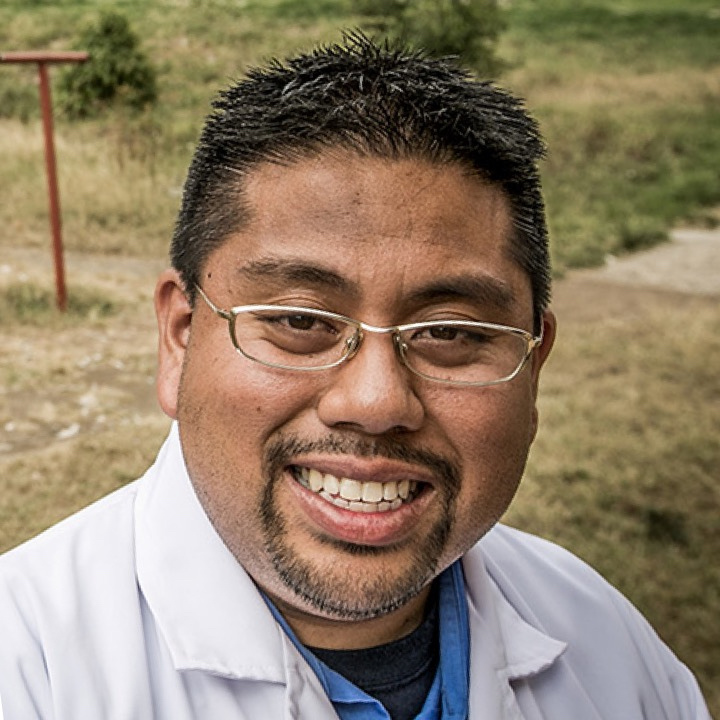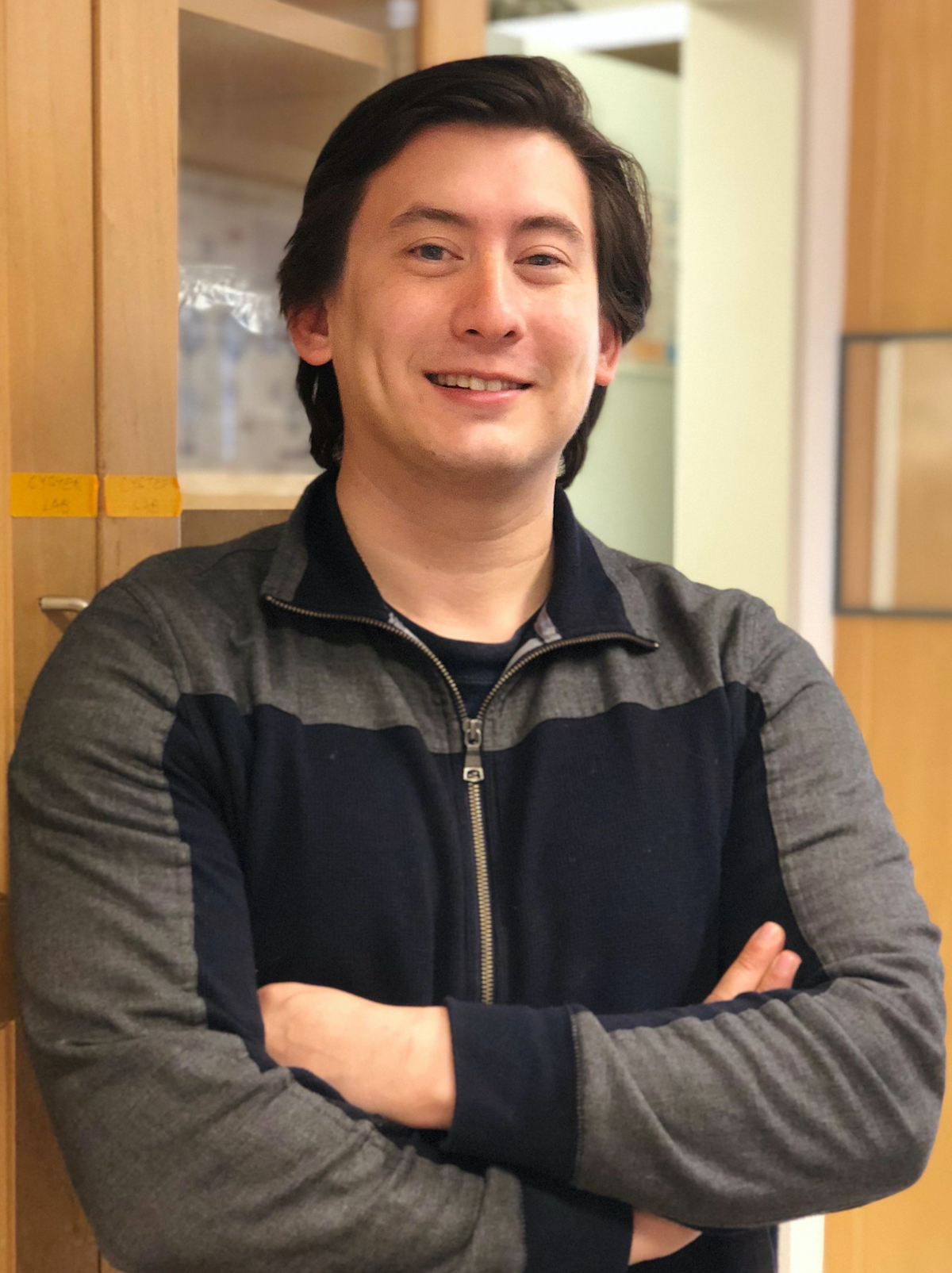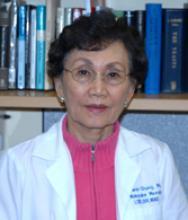Lee SK, Crosnier C, Valenzuela-Leon PC, Dizon BLP, Atkinson JP, Mu J, Wright GJ, Calvo E, Gunalan K, Miller LH. Complement receptor 1 is the human erythrocyte receptor for Plasmodium vivax erythrocyte binding protein. Proc Natl Acad Sci U S A. 2024 Jan 30;121(5):e2316304121.
Liu M, Guo G, Qian P, Mu J, Lu B, He X, Fan Y, Shang X, Yang G, Shen S, Liu W, Wang L, Gu L, Mu Q, Yu X, Zhao Y, Culleton R, Cao J, Jiang L, Wellems TE, Yuan J, Jiang C, Zhang Q (2022) 5-methylcytosine modification by Plasmodium NSUN2 stabilizes mRNA and mediates the development of gametocytes. Proc Natl Acad Sci U S A. Mar 1;119(9):e2110713119.
Xiao B, Yin S, Hu Y, Sun M, Wei J, Huang Z, Wen Y, Dai X, Chen H, Mu J, Cui L, Jiang L (2019) Epigenetic editing by CRISPR/dCas9 in Plasmodium falciparum. Proc Natl Acad Sci U S A. 2019 Jan 2;116(1):255-260.
Mu J, Andersen JF, Valenzuela JG, Wellems TE (2017) High-Sensitivity Assays for Plasmodium falciparum Infection by Immuno-Polymerase Chain Reaction Detection of PfIDEh and PfLDH Antigens. J Infect Dis. Sep 15;216(6):713-722.
Jiang L, Mu J, Zhang Q, Ni T, Srinivasan P, Rayavara K, Yang W, Turner L, Lavstsen T, Theander TG, Peng W, Wei G, Jing Q, Wakabayashi Y, Bansal A, Luo Y, Ribeiro JM, Scherf A, Aravind L, Zhu J, Zhao K, Miller LH (2013) PfSETvs methylation of histone H3K36 represses virulence genes in Plasmodium falciparum. Nature. Jul 11;499(7457):223-7.
Mu J, Myers RA, Jiang H, Liu S, Ricklefs S, Waisberg M, Chotivanich K, Wilairatana P, Krudsood S, White NJ, Udomsangpetch R, Cui L, Ho M, Ou F, Li H, Song J, Li G, Wang X, Seila S, Sokunthea S, Socheat D, Sturdevant DE, Porcella SF, Fairhurst RM, Wellems TE, Awadalla P, Su XZ. Plasmodium falciparum genome-wide scans for positive selection, recombination hot spots and resistance to antimalarial drugs. Nat Genet. 2010 Mar;42(3):268-71.
Visit PubMed for a complete publications listing.








